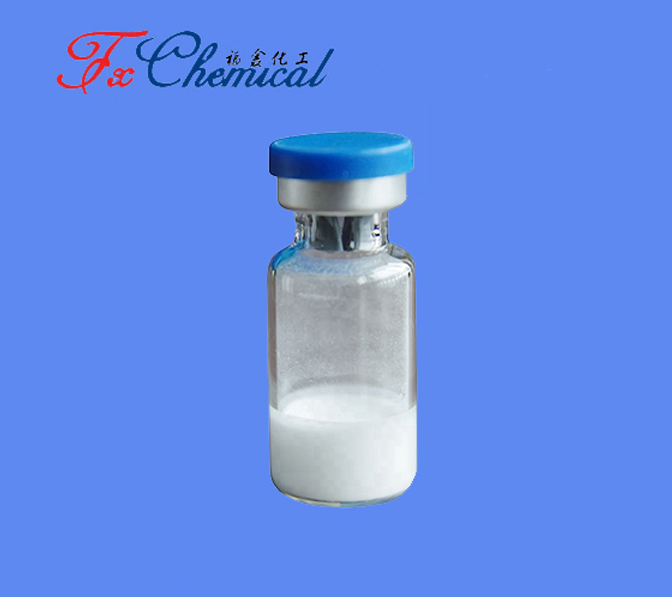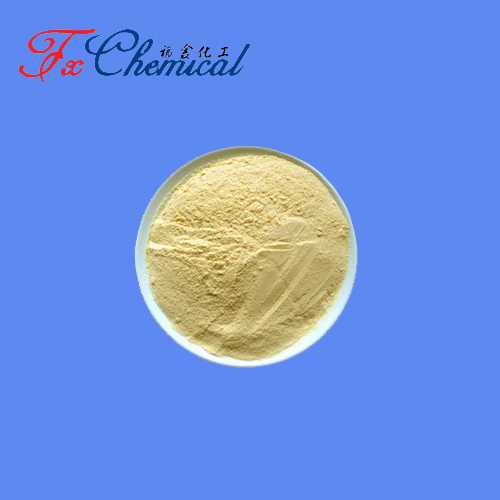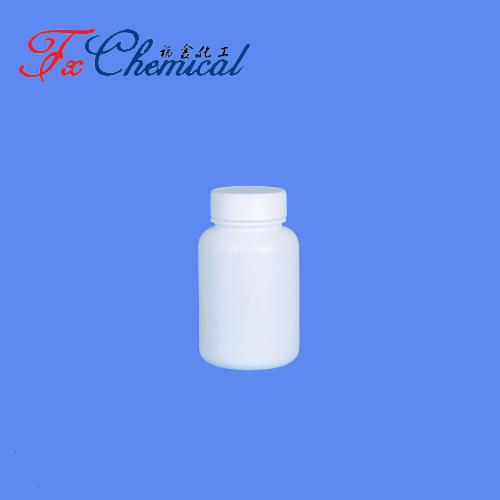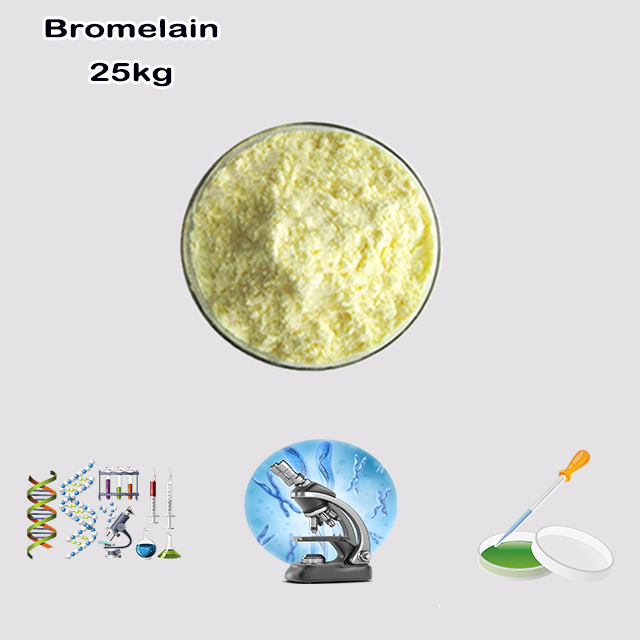
Search

Search

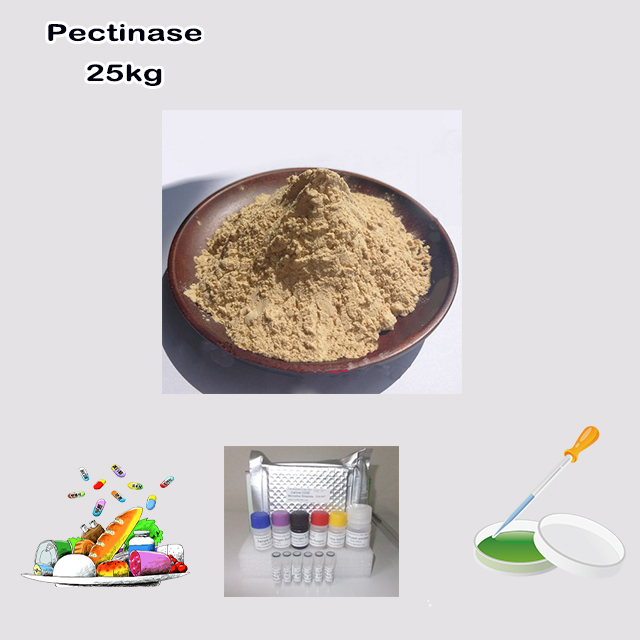
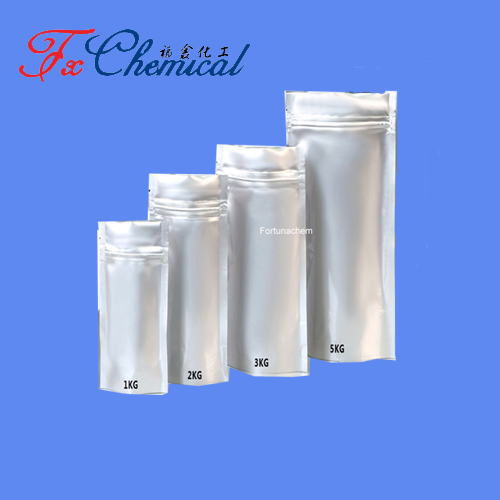
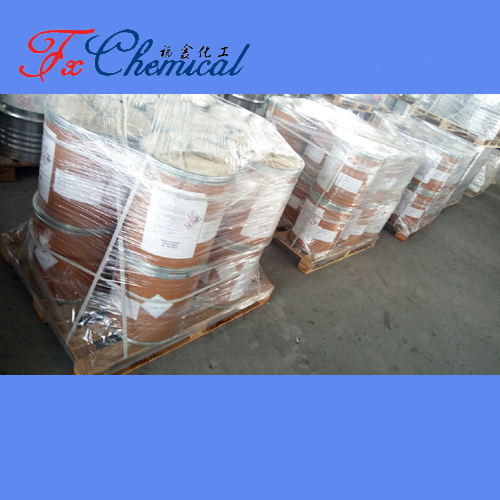
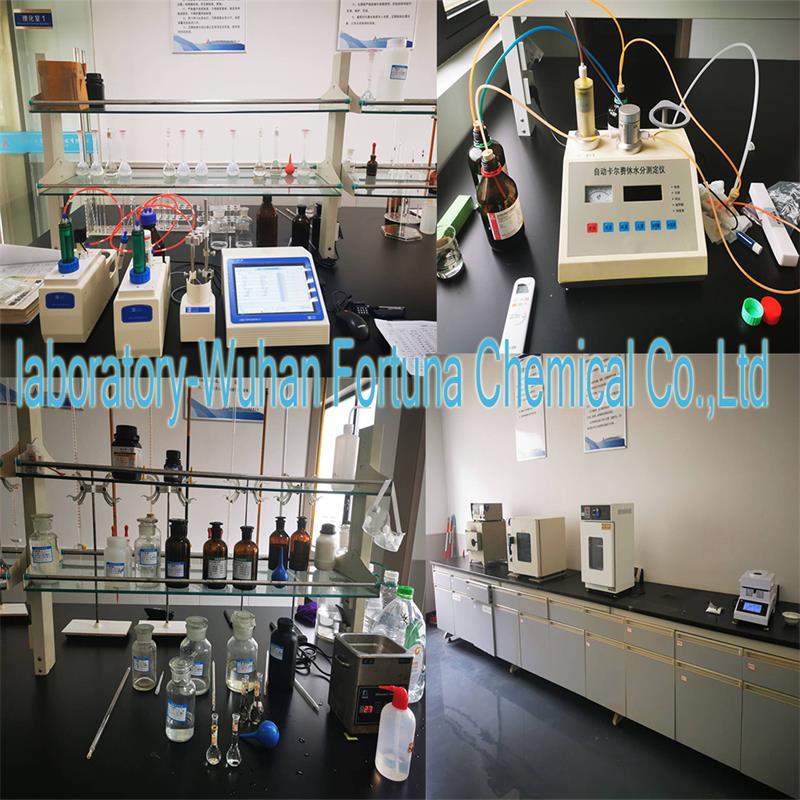
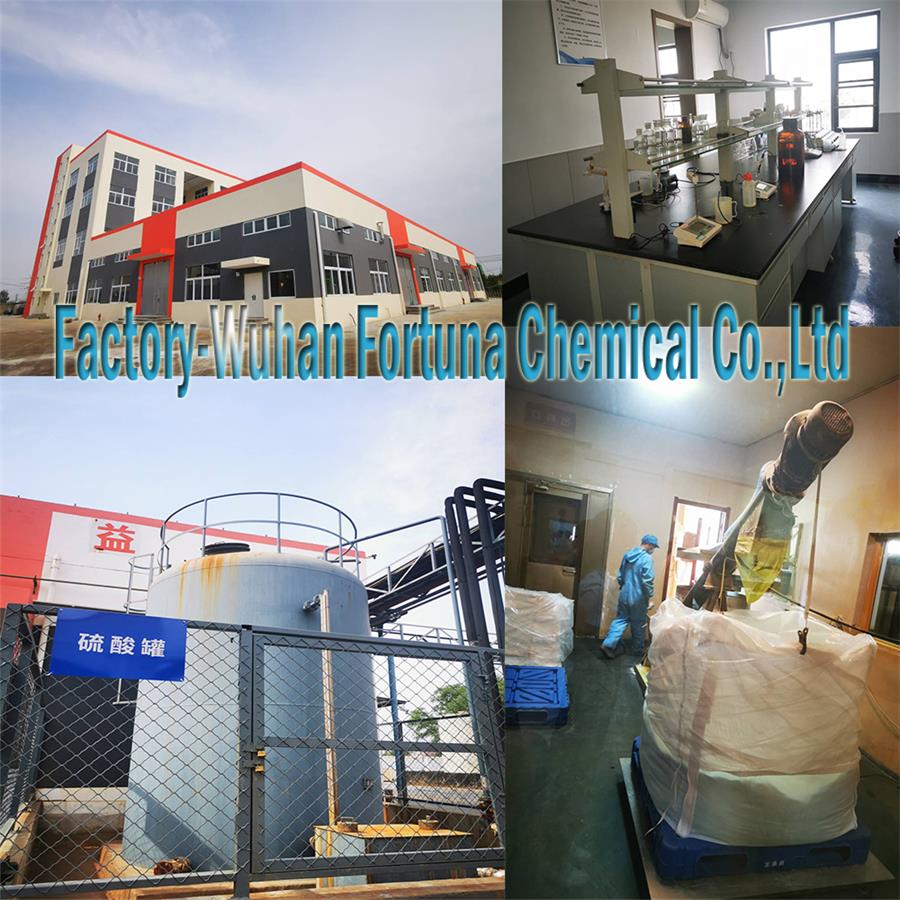





Pectinase is suitable for textile, clothing, brewing, food, paper and other industries.
Pectinase can greatly increase the ability of pressing and centrifugation, save energy and reduce consumption, and increase the juice yield by 10-30%. It can quickly clarify fruit and vegetable juice, make fruit and vegetable juice more transparent, and ultrafiltration is more concise and economical. It can effectively degrade pectin and other substances that cause turbidity, ensure good color value and clarity of the product, and improve the sensory quality of fruit and vegetable juice. Enhance color and fragrance and enhance sensory quality. It can effectively prevent the back turbidity of the product and ensure the stability of the shelf storage period of the juice. Pectinase can decompose pectin substances contained in various fruits and vegetable juices and other long-chain molecules similar to aracan, which can rapidly reduce the viscosity of fruit paddles.
Items | Specifications | Results |
Appearance | White, grey or light yellow to brown powder with slight fermentation smell, no off-flavor, slight agglomeration allowed. | White powder with slight fermentation smell, no off-flavor. |
Activity (Pectinase u/g) | >300,000 | 300,136 |
Moisture (%) | ≤8.0 | 4.4 |
Particle size (% pass 0.40mm screen) | ≥80 | 99.0 |
Pb (mg/kg) | ≤5.0 | n.d. |
As (mg/kg) | ≤3.0 | n.d. |
Total viable count CFU/g | ≤50,000 | 1.8*10³ |
E. coli (CFU/g) | <10 | <10 |
Salmonella 25g | Not detectable | n.d. |
Labelling and packaging | Clear and unbroken | Clear and unbroken |
Conclusion | Qualified | |
| Product parameters | |
| Cas number: | 9032-75-1 |
| Appearance: | Almost white powder |
| Purity: | 98%min |
| Package details: | 25kg/drum or per your request |
| Brand: | Fortunachem |
Pectinase is a specific type of biological enzyme (a bio-enzyme) that breaks down pectin, a structural polysaccharide found in the cell walls of plants and fruits.
Think of pectin as the natural "glue" or "cement" that holds plant cells together and gives fruits and vegetables their firm structure. Pectinase is the enzyme that dissolves this glue.
Pectin is a complex molecule. "Pectinase" isn't just one enzyme; it's often a mixture of several enzymes that work together to decompose pectin into simpler molecules like galacturonic acid. The main types include:
Polygalacturonase: Breaks down the main chain of the pectin molecule.
Pectin lyase: Cleaves pectin chains without using water, often used in commercial fruit juice production.
Pectin esterase: Removes methoxyl groups from pectin, which is a key step in the breakdown process.
By disrupting the pectin, the enzyme weakens the plant cell walls, causing them to rupture and release their contents.
Pectinase is naturally produced by:
Plants: To help in the ripening and eventual softening of fruit.
Microorganisms: Certain bacteria and fungi (especially Aspergillus niger) are prolific producers of pectinase. In fact, most commercial pectinase is derived from controlled fungal fermentation.
Some Animals: Found in the gut of some herbivores to help digest plant matter.
This enzyme is incredibly useful in various industries:
a) Food & Beverage Industry (Most Common Use)
Fruit Juice Clarification and Extraction: This is the biggest application. Adding pectinase to crushed fruit:
Increases Juice Yield: By breaking down cell walls, more liquid is released.
Improves Clarity: Pectin can cause juice to be cloudy. Breaking it down allows suspended particles to settle, making the juice clear.
Aids Concentration: Makes it easier to create concentrates.
Winemaking: Used for the same reasons as juice—to improve juice yield and clarity. It also helps in color extraction from grape skins.
Coffee and Tea Fermentation: Helps in the removal of the mucilaginous pulp from coffee beans and tea leaves after harvesting.
b) Food Processing
Purifying Fruit Pulps
Softening Chickpeas and Beans before canning to reduce cooking time.
c) Textile Industry
Bast Fiber Retting: Used to process natural fibers like flax, hemp, and jute. It helps separate the desirable fibers from the woody core by degrading the pectin that binds them together.
Biopreparation of Cotton: An eco-friendly alternative to harsh chemical scouring. Pectinase removes pectin and other impurities from cotton fibers to prepare them for dyeing.
d) Paper & Pulp Industry
Helps in the de-inking of recycled paper and the bleaching of pulp, reducing the need for harsh chemicals.
e) Wastewater Treatment
Helps break down plant-based organic matter.
Yes. Pectinase is generally recognized as safe (GRAS) by food safety authorities like the FDA. Because it is a natural protein, it is often used in "clean-label" products. The enzyme is typically deactivated (denatured) by pasteurization or heat treatment during food processing and does not remain active in the final product.
| Feature | Description |
|---|---|
| What it is | A bio-enzyme that breaks down pectin. |
| What it does | Acts on the "glue" in plant cell walls, causing softening and liquefaction. |
| Key Use | Clarifying and extracting fruit juice (e.g., apple, berry, grape juice). |
| Origin | Produced commercially by fungi (like Aspergillus niger) through fermentation. |
| Safety | Considered safe and is widely used in the food industry. |
In essence, pectinase is a workhorse enzyme that harnesses a natural biological process to make numerous industrial processes more efficient, sustainable, and effective.
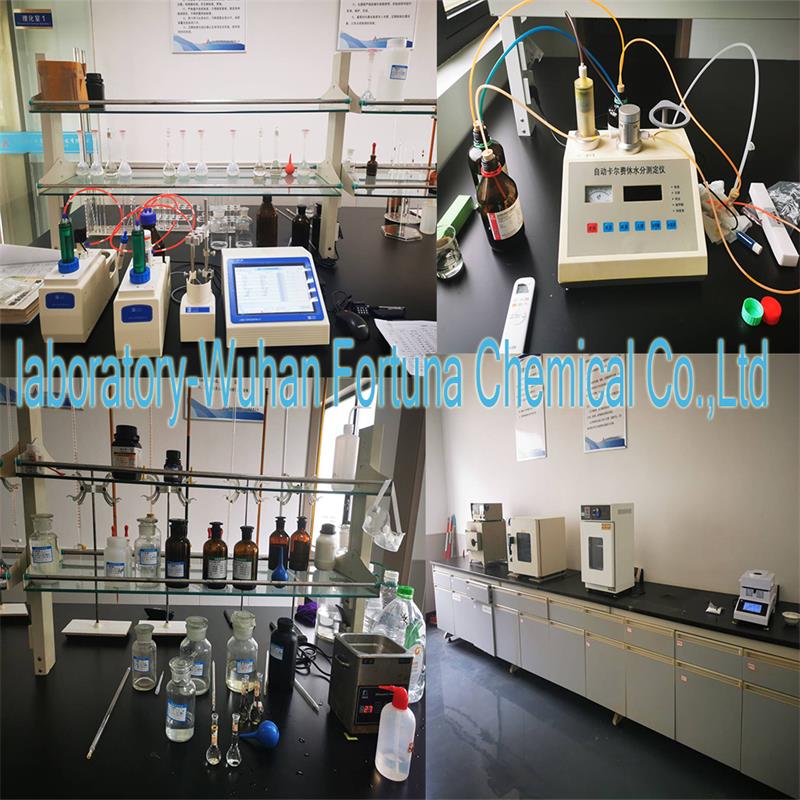
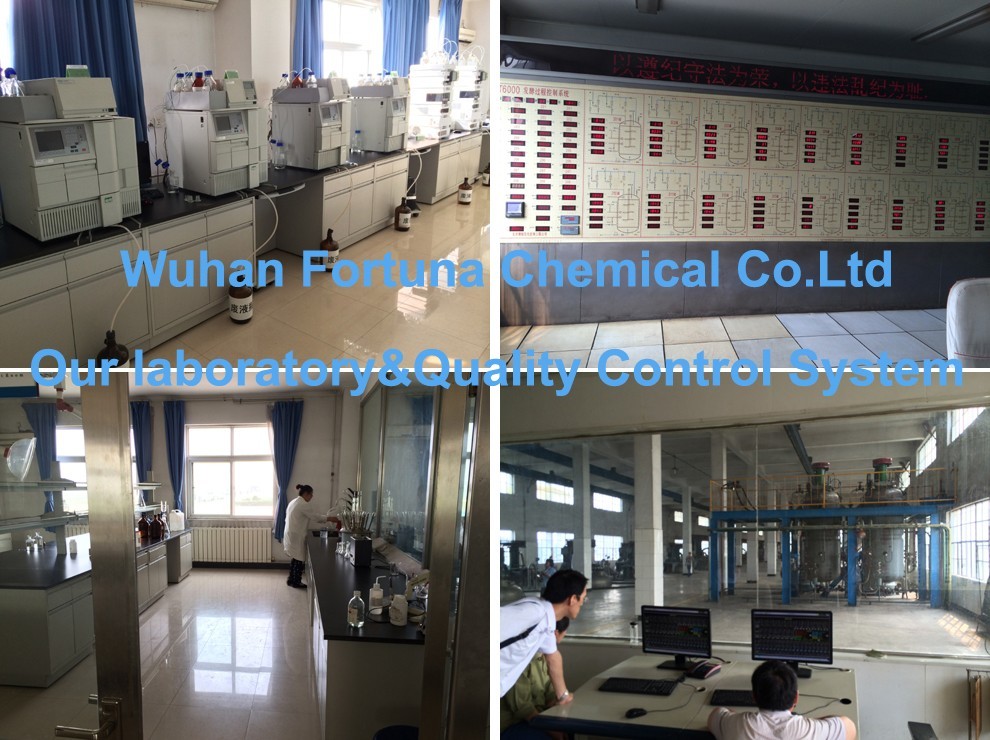
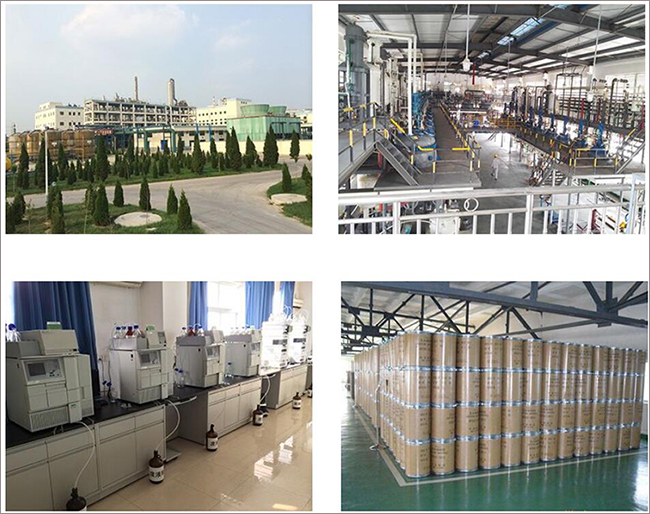
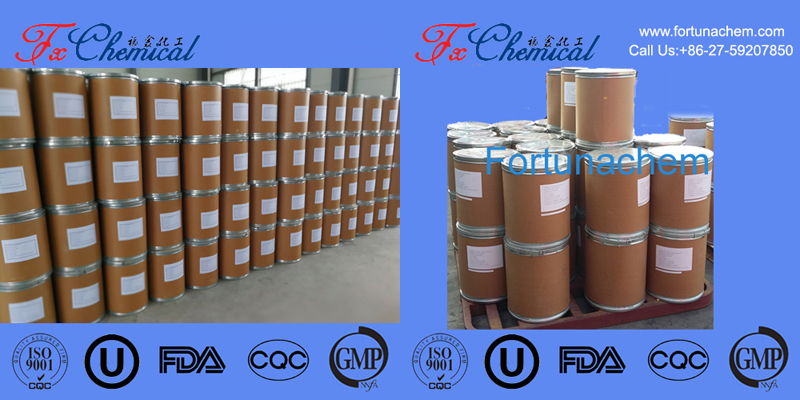
High quality & competitive price
Quality control
Fast feedback
Prompt shipment


Fortunachem Provides Not Only Professional Chemical Products But Also Professional Help
Keeping you up-to-date with all the latest information, news, and events about Fortunachem!

Quick Links
Add:
E-mail:
 English
English  Español
Español  français
français  العربية
العربية 